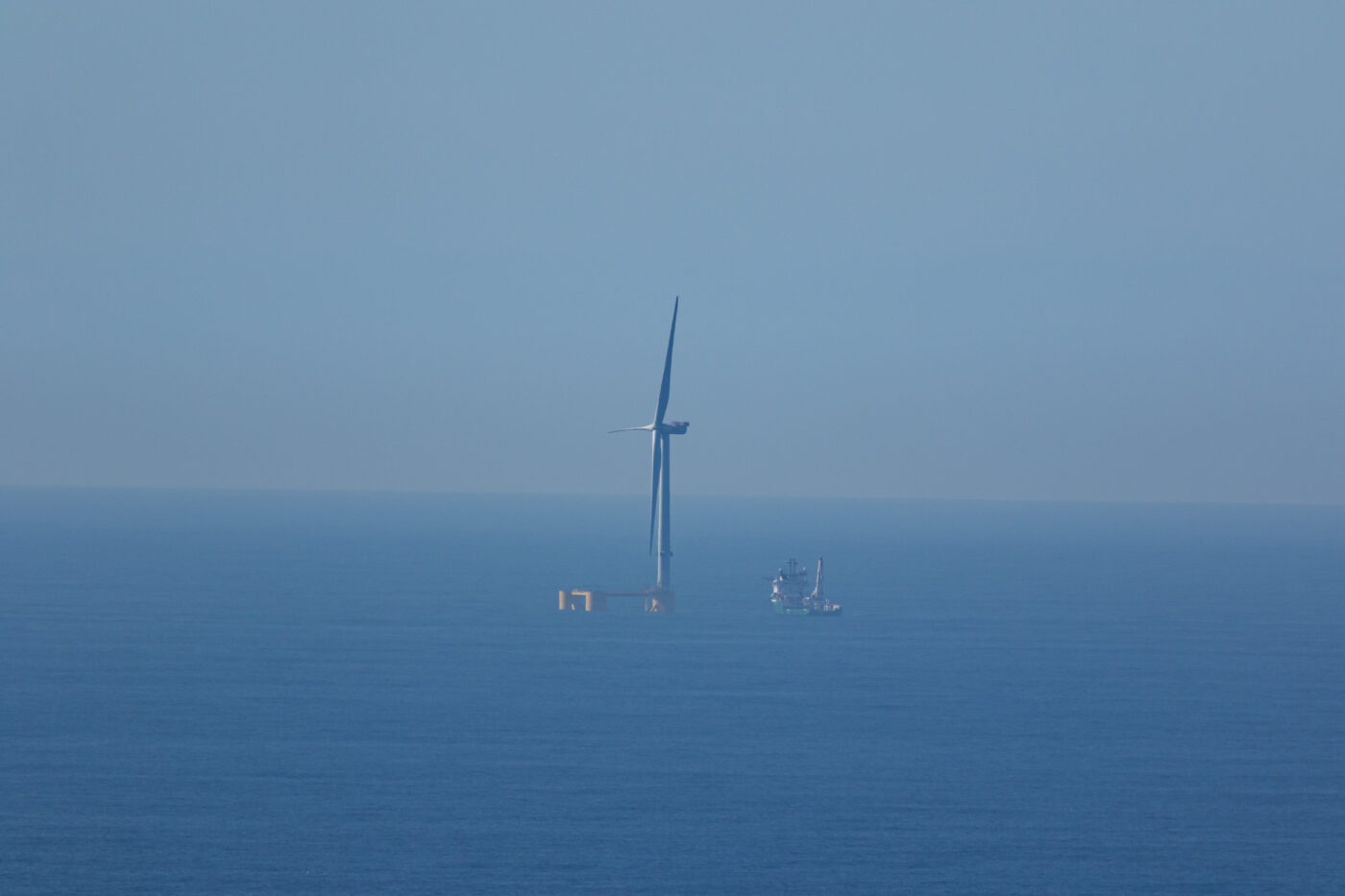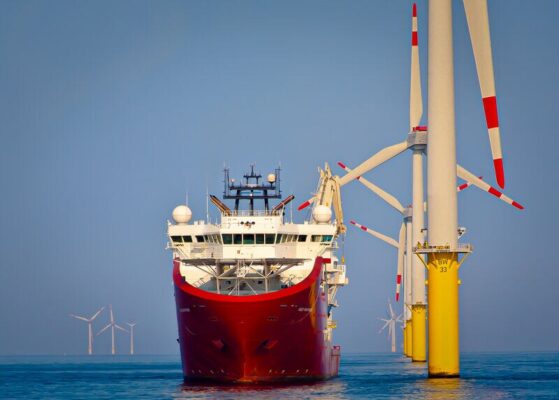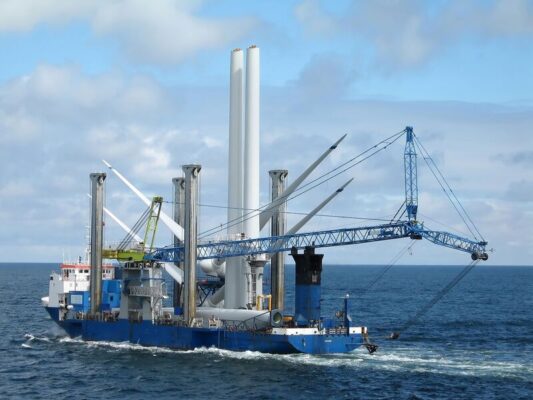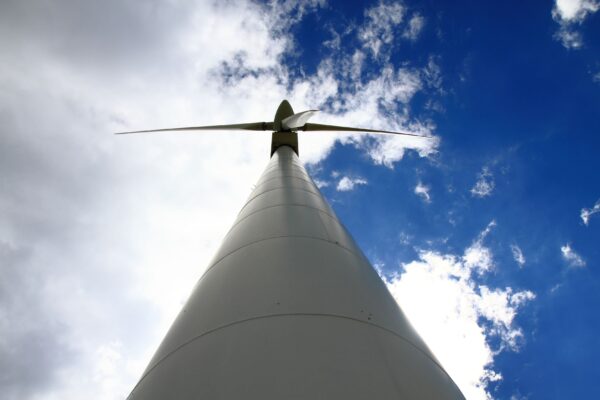The WindFloat Atlantic project is a collaboration between Ocean Winds, Repsol, and Principle Power, as part of the Windplus consortium. With a capacity of 25 MW, the wind farm is designed to produce enough clean energy to power around 25,000 homes annually. It has been officially recognized by the Portuguese Engineers Association — the regulatory and licensing authority for engineers in Portugal — as one of the most significant engineering achievements of the 21st century. This recognition is based on the project’s contribution to advancing renewable energy and engineering innovation, as well as its benefits to local communities, including job creation, investment in infrastructure, and supply chain development.
The wind farm consists of three 8.4-MW Vestas turbines mounted on semi-submersible platforms, distinguished by their innovative design. The platforms use water entrapment plates at the base of their three pillars to increase hydrodynamic mass and add significant viscous damping, which aims to reduce wave-induced motion. Additionally, a sophisticated ballast system allows for both static and dynamic adjustments, enabling the platforms to support multi-megawatt wind turbines in marine settings. The platforms are firmly anchored to the seabed with catenary mooring lines at a depth of 100 meters and are connected to an onshore substation through a 20-kilometer cable.
The resilience of the WindFloat Atlantic was put to the test during storm Ciarán when it withstood waves as high as 20 meters and wind gusts reaching up to 139 kilometers per hour. This demonstrated the robustness and operational reliability of floating technology in extreme conditions and will enable the development of offshore wind opportunities worldwide.
In addition to its impressive operational achievements, WindFloat Atlantic serves as a platform for pioneering solutions and pilot projects aimed at enhancing the efficiency and sustainability of offshore wind energy. One such project is ATLANTIS, which aims to integrate robotics into offshore wind farms. The initiative aims to decrease the levelized cost of energy by reducing the requirement for support vessels for inspection and maintenance.
Equally important is the project team’s dedication to community engagement and education. By partnering with local entities in Viana do Castelo, the WindFloat Atlantic team has initiated programs such as Wind Experts to promote a better understanding of renewable energy technologies and their benefits. In this way, they are trying to ensure that the positive effects of the project extend beyond the production of electricity.



